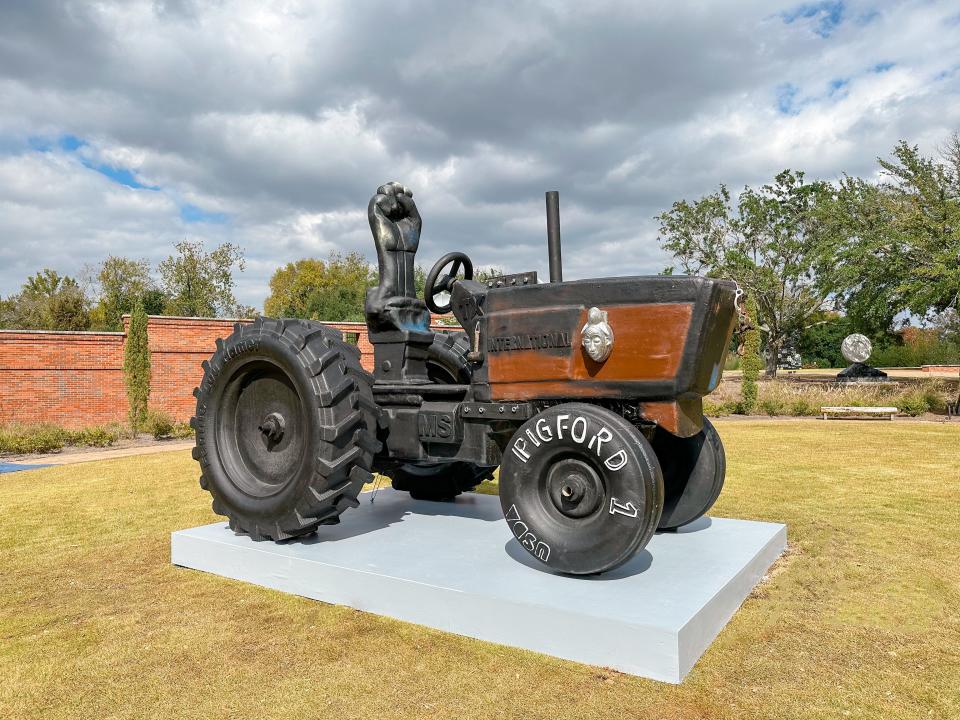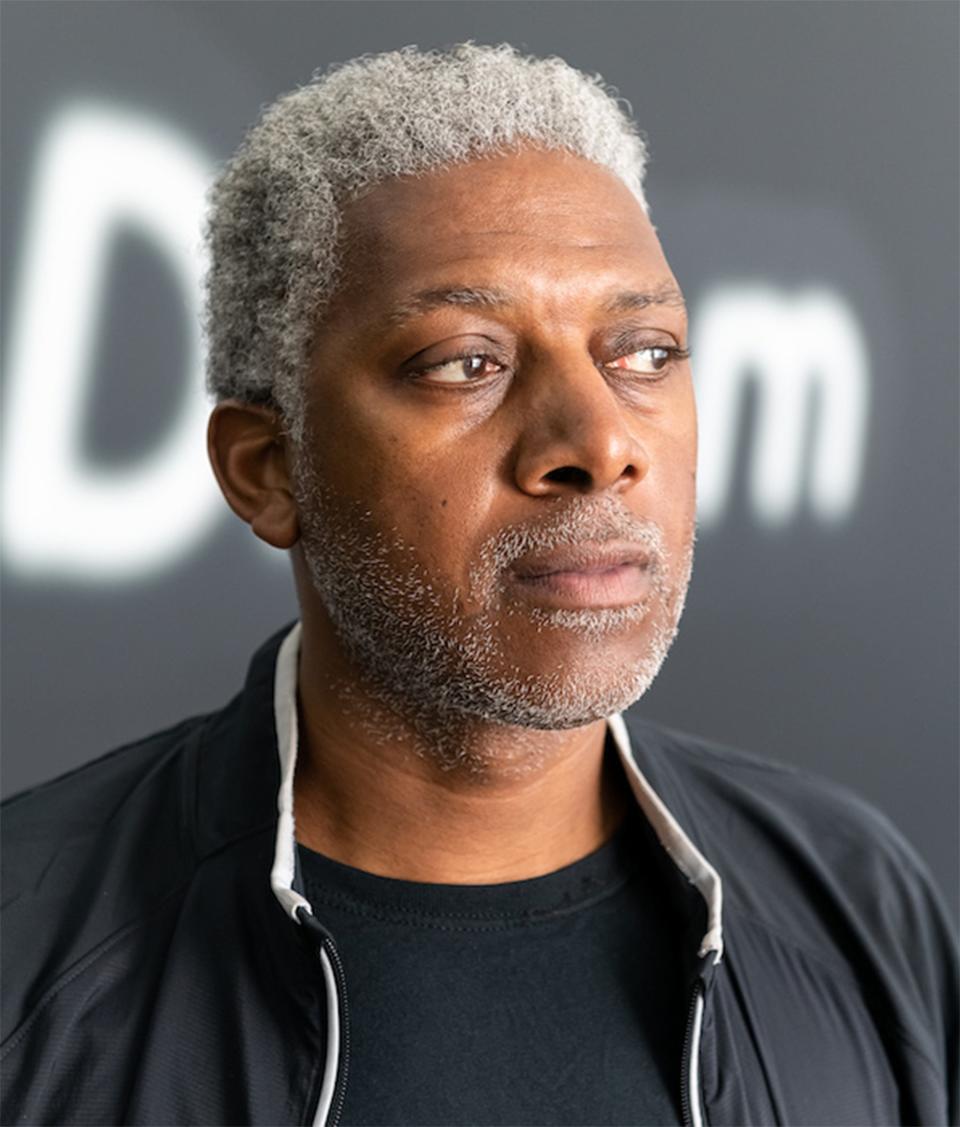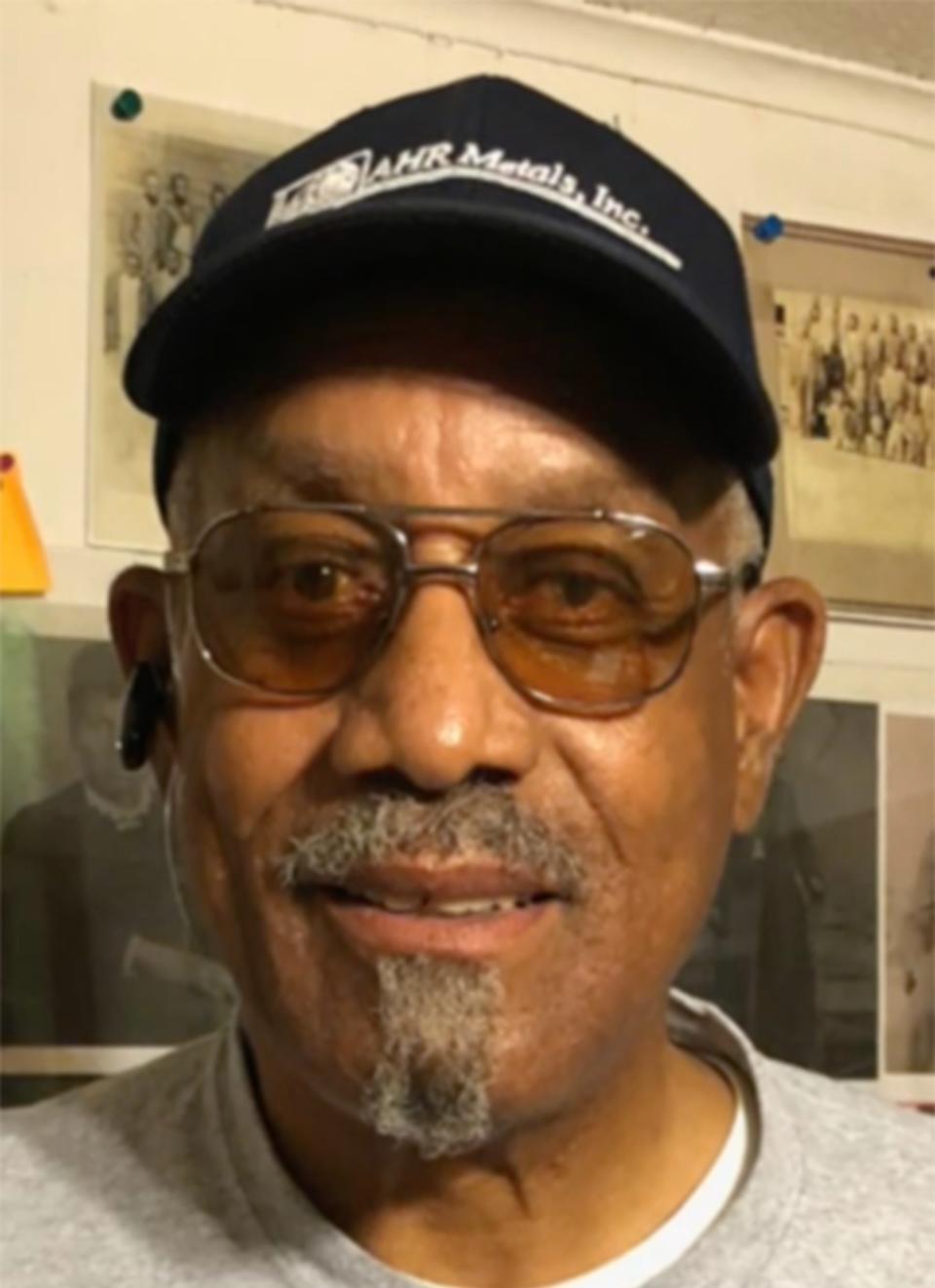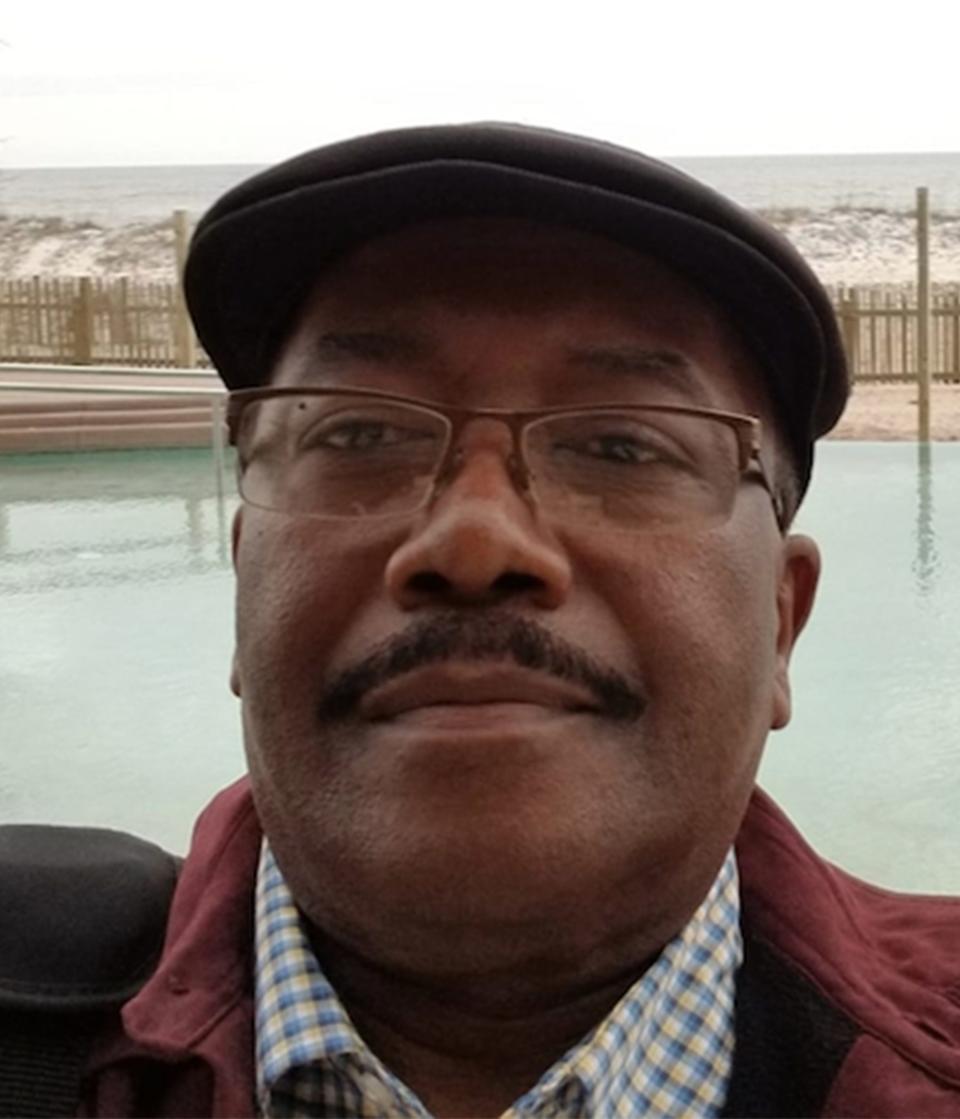Montgomery Museum of Fine Arts to discuss Black farming through sculpture on April 7
In conjunction with the presentation of Bernard Williams’ Black Tractor Project, 2020, in the John and Joyce Caddell Sculpture Garden, the Montgomery Museum of Fine Arts (MMFA) is bringing together several voices that reveal the realities and hardships Black farmers have faced over the last 100 years.
On Friday, April 7, the MMFA will host a discussion and reception at the museum that delves into the experiences of Black farmers in Alabama. The public is invited from 4 to 5:30 p.m. to meet and hear from artist Bernard Williams and scholar Elijah Gaddis. Two individuals intimately involved in the farming industry — John Williams and Albert “Peter” Datcher — will also share their personal farming experiences in Alabama and their participation in the 1997 class-action lawsuit Pigford v. Glickman.

At the center of Bernard Williams’ work and the discussion is Pigford v. Glickman, which proved the United States Department of Agriculture had systematically deprived African-American farmers of loans and other government assistance. The case is named for North Carolina farmer Timothy Pigford.
According to USA Today, by 1990, Black farmers had lost 90 percent of an estimated 16 million acres of farmland they owned. In the same period, white farmers lost only 2 percent of their acreage.
According to reports, the lawsuit resulted in an approximately $1 billion settlement in 1999. At the time, it was the largest settlement in history. Colloquially known as the Black farmers’ settlement, the funds were distributed among approximately 13,000 African-American families with proven connections to farmers who were summarily dispossessed of land and farming opportunities from 1981–1996. Most Black farmers who got payments received about $50,000 from it.
"Not even enough to buy a good truck," said Louisiana farmer Wenceslaus "June" Provost told the Nashville Tennessean in 2022, speaking of the settlement payments. "Maybe an old, used truck, some utilities and a few credit card bills. But it didn't put a dent in our fertilizer bills or our chemical bills."
According to blackfarmercase.com, more than 58,000 "late filers" did not have their discrimination cases heard. In 2010, an additional $1.25 billion settlement was funded by Congress ($100 million from the 2008 Farm Bill, plus an extra $1.15 billion from the Claims Resolution Act of 2010 signed into law by President Obama) for successful claims from Black farmers who weren't signed up in time for the initial 1999 settlement. These settlement payments were approved by 2013.
MMFA Curator Jennifer Jankauskas says, “Williams’ Black Tractor Project is a powerful symbol and monument to an important Civil Rights milestone, demonstrating both the recognition of a painful history and the attempt to correct it through reparations. The opportunity to meet with the artist and hear from those who participated in Pigford v. Glickman provides insights into the difficulties faced by many of the very people we rely on for our sustenance.”
About the Black Tractor project
In 2016, artist Bernard Williams inherited a small amount of money from an uncle in Montgomery. A bittersweet form of reparations, the sum was one part of the settlement paid to Black farmers as a result of the Pigford v. Glickman class-action lawsuit.
After contemplating how to memorialize this history, Williams created the Black Tractor in 2020 as a monument. It honors a particular history of farmers who have experienced dispossession at the hands of the United States Department of Agriculture and its subsidiaries while also signifying the broader struggle between America’s marginalized populations and their government, particularly in the fraught timelines of American labor and agricultural history.
Williams combines this monument with graphic forms that refer more obliquely to the South, civil rights, and history.
About the program participants

Bernard Williams: The artist is a native of Chicago, Illinois. He holds a BFA degree from the University of Illinois at Champaign-Urbana and a Master of Fine Arts degree from Northwestern University in Evanston. He also studied at the Skowhegan School of Painting and Sculpture, Maine, in 1987. Williams has taught art at the School of the Art Institute of Chicago since 1991.

Albert “Peter” Datcher: He is an Alabama farmer and family historian in the Cresswell community outside Harpersville. There, his family has farmed the same land for almost 200 years. His collection of family records, letters, photographs, and other materials are held at the Alabama Department of Archives and History and are one of the most complete accounts of an African American farming family in Alabama. Datcher was the first Black farmer since Reconstruction to have the honor of speaking to Congress twice in the 1970s as part of the American Agricultural Movement.

Elijah Gaddis: He is an assistant professor of history and African American Studies at Auburn University. His research and teaching interests are in African American material culture and landscape in the American South. Dr. Gaddis's first book Gruesome Looking Objects: A New History of Lynching and Everyday Things, was published by Cambridge University Press in 2022.

John Williams: He was born in 1955 in Hope Hull and resides in Burkville, a short distance from the Montgomery Museum of Fine Arts. Williams retired from the US Army Corps of Engineers in 2021 after 42 years of service in the natural resources area, operating as a park ranger. John is a relative of the artist and the son of Sellers Williams, who worked the land as a sharecropper in Hope Hull in the 1950s and Burkville until he died in 1973.
If you go
What: Meet the artist and Alabamians involved in the Black Farmers' Settlement
When: Friday, April 7, 4-5:30 p.m.
Where: Montgomery Museum of Fine Arts, One Museum Drive (in Blount Cultural Park)
Admission: Free
This article originally appeared on Montgomery Advertiser: Black farming discussion April 7 at Montgomery Museum of Fine Arts

